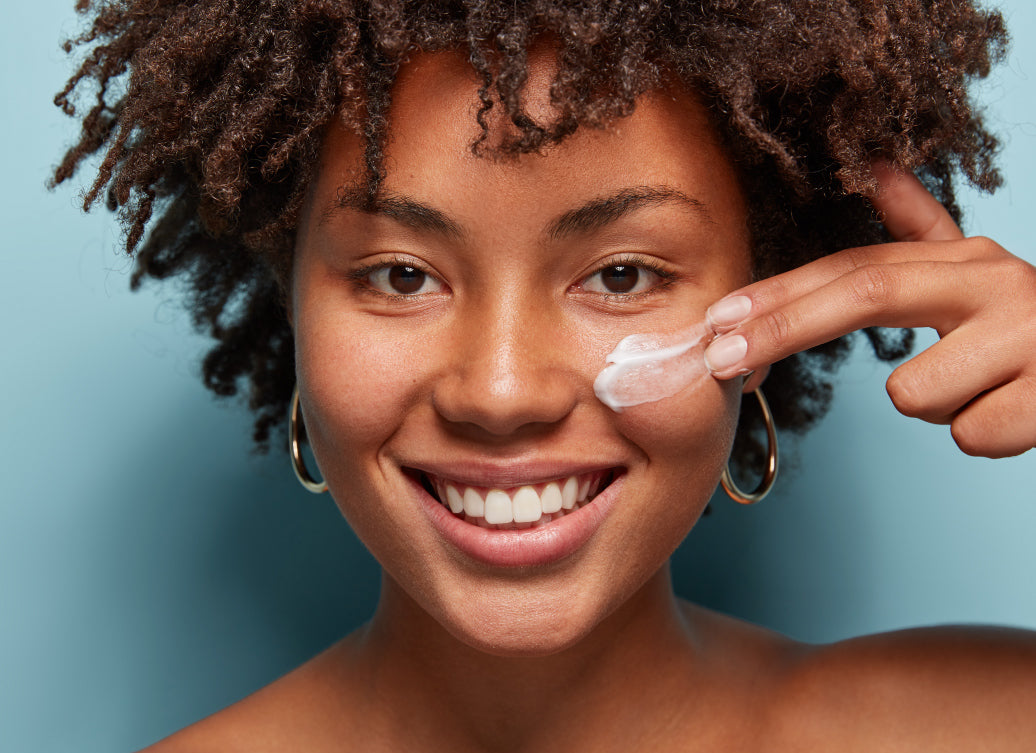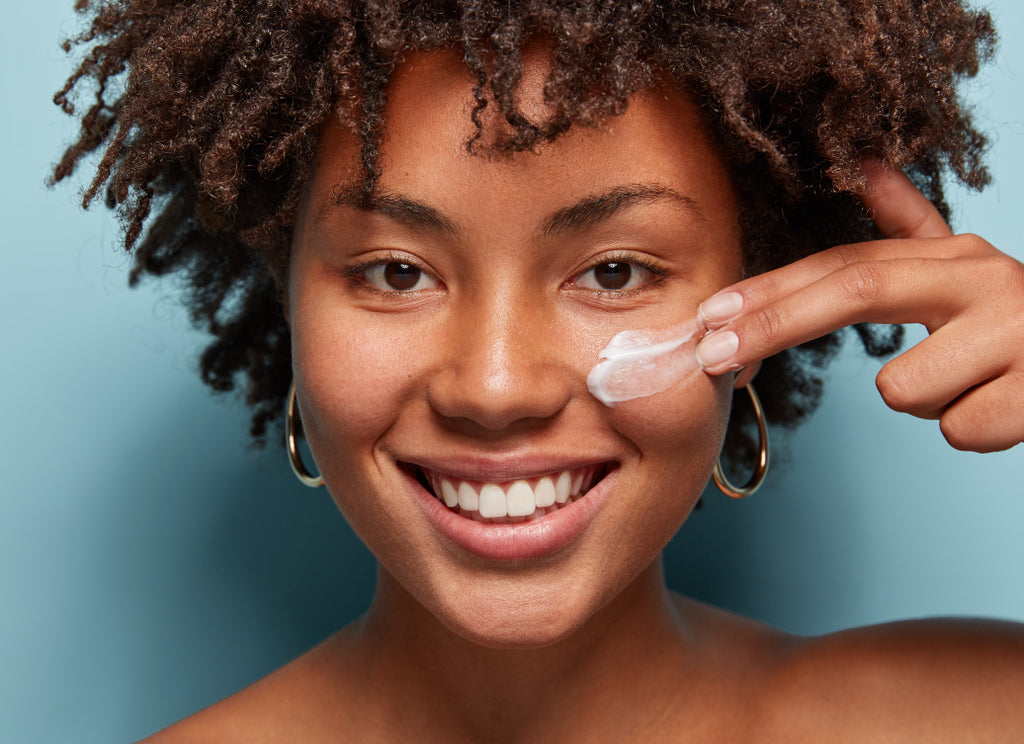It’s clear that the key to managing skin prone to hyperpigmentation is a really good skincare routine! But what products would that include?
Hyperpigmentation is the persistent discolouration of skin, following some kind of damage or disruption to the melanin-producing cells of the skin. That damage could have been due to an injury, inflammation, sun exposure, medication or hormonal changes, but the result - pigment deposits that show up as flat spots or patches of darker skin - is similar.
Hyperpigmentation is a particularly tricky problem to solve; although it’s harmless in itself, it can cause embarrassment, loss of self-confidence or distress to those affected, so sufferers across the globe spend thousands of pounds trying to fade their skin. Unfortunately, whether or not the patches fade largely depends on how serious the damage was and how deep down in the dermis the pigment has settled.
The good news is that most cases of hyperpigmentation can be improved - and the risk of further damage lessened - by a good skincare routine.
The aim is to keep skin moisturised and nourished so it can rebuild its defences and resist further inflammation or damage, especially from the sun. Sun exposure worsens existing hyperpigmentation, as well as potentially adding to the problem with new patches of discolouration.
A good cream for hyperpigmentation would include:
- lipids for skin barrier defence
- antioxidants for UV protection
- anti-inflammatories
- essential fatty acids for skin cell regeneration
- vitamins A,C & E to work in combination to decrease melanin synthesis
And in order to reduce the risk of irritation and inflammation, it could NOT include:
- perfumes
- harsh preservatives
- scent-maskers
- synthetic colours/dyes
Balmonds range of natural skincare products tick all those boxes, and some! Our balms, oils and creams are all packed with vitamins, antioxidants, anti-inflammatories and essential fatty acids to feed the skin with the nutrients it needs to protect, repair and regenerate itself.
Learn more about the benefits of vitamin C and vitamin E for hyperpigmentation in our other blogs!
The great thing is that nutrient-rich creams and balms made with natural oils are even more effective in keeping skin strong and healthy than taking the same vitamins as supplements or as part of your diet. You can apply a cream containing the right oils to troubled skin and know that you’re getting straight to the heart of the problem.
So what are the right ingredients?
The oils richest in vitamins A, C and E (which work even more effectively together than separately) are:
- rosehip
- sea buckthorn
- calendula
- marula
- carrot
You can also look out for skincare that contains added vitamin E in the form of tocopherol, so long as it’s also rich in vitamin A.
Oils rich in regenerative essential fatty acids include:
- hemp seed
- rosehip
- sea buckthorn
- sunflower
- safflower
- evening primrose
With all this taken into account, we’d say that our Daily Moisturising Cream (rich in hemp and free from perfume), our Intensive Hand Cream (with sea buckthorn, calendula and hemp - and not just for hands!) and our Rosehip Scar Oil (even if it’s not a cream) are all good choices to look after hyperpigmented skin. And of course our hero product, Skin Salvation, is a great choice to soften and smooth rough or uneven skin.
Recommended products:
Balmonds Rosehip Scar Oil with rosehip, lavender & chamomile (£18.99 for 50ml)
Balmonds Intensive Hand Cream with sea buckthorn berry & hemp (from £10.99 for 50ml)
Skin Salvation balm with beeswax, hemp & chamomile (from £7.99 for 30ml)
Balmonds Daily Moisturising Cream with shea butter, hemp & calendula (from £13.99 for 100ml)

